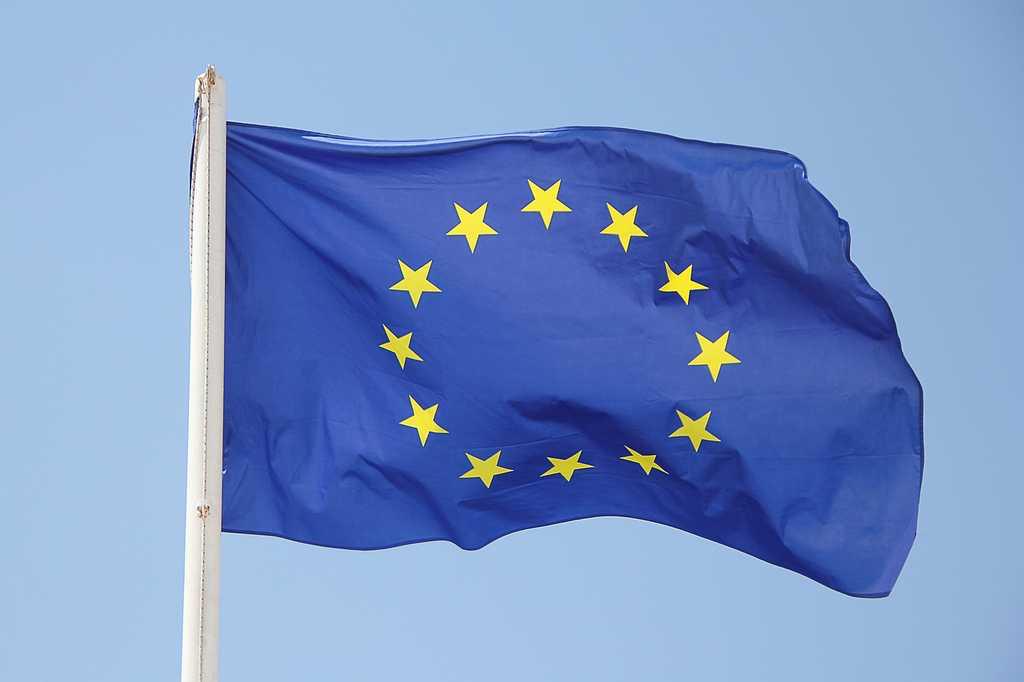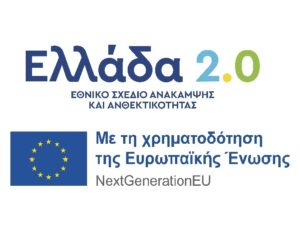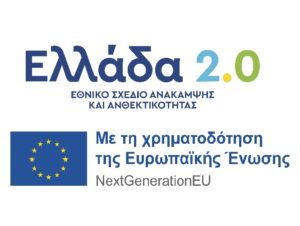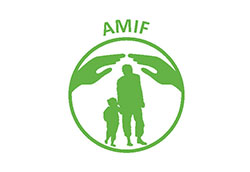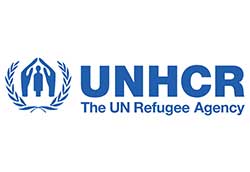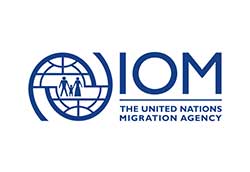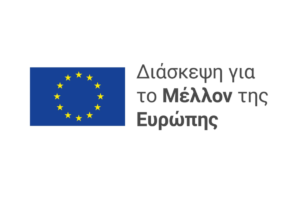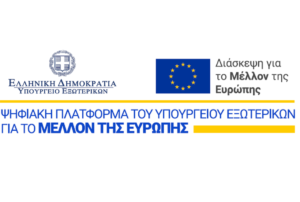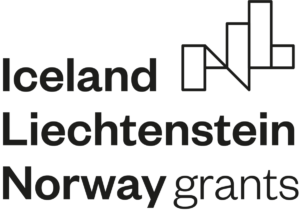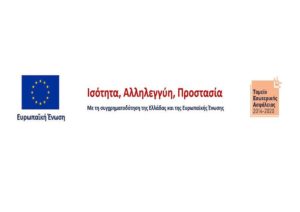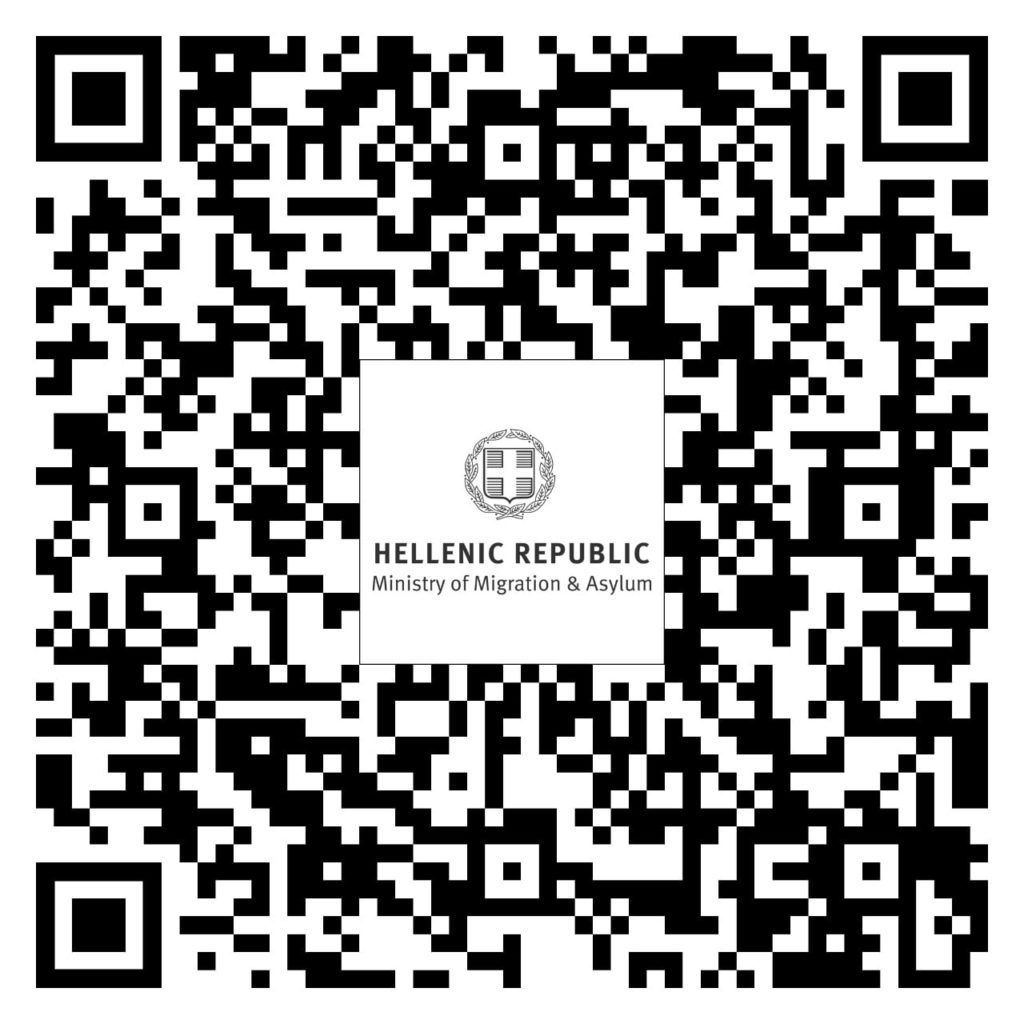The Permanent Representatives of the EU Member States (Coreper) today approved the provisional agreement reached between the Council Presidency and the European Parliament on December 20, 2023. The agreement includes five key regulations reforming all stages of the EU asylum and migration system. Greece participated and actively contributed to the success of the negotiation and welcomes it as a step that equips the EU with additional tools to better manage the challenge of migration.
The update of the Eurodac Regulation (the EU's fingerprint database) will improve the management of irregular movements and enable the monitoring of the routes of both asylum seekers’ and persons in an irregular status across the EU.
The aim of the control regulation is to strengthen checks on persons at external borders. It also ensures quick identification of the correct procedure when a person enters the EU and does not possess the necessary entry requirements, such as a return procedure to the country of origin or the initiation of an asylum procedure.
The Asylum Procedures Regulation (APR) establishes a common procedure that Member States must follow when individuals seek international protection. It streamlines procedural arrangements and sets standards for the rights of asylum seekers. It introduces a mandatory border procedure to quickly assess at the EU's external borders whether asylum applications are unfounded or inadmissible.
The Asylum and Migration Management Regulation (AMMR) will replace the current Dublin Regulation. It lays down rules determining which Member State is responsible for examining an asylum application. Given that today a handful of Member States are responsible for the vast majority of asylum applications, a new solidarity mechanism will be established to balance the current system.
The new rules combine mandatory solidarity to support Member States that cannot cope with the number of irregular arrivals in their territory while offering flexibility for Member States to choose their contributions.
The fifth pillar of the Pact is a new law establishing a framework to enable Member States to deal with crisis situations in the field of asylum and migration. Member States will be empowered and able to adapt certain rules, for example with regards to the registration of asylum applications or the asylum procedure at the borders. Countries also will be able to request solidarity and support measures from the EU and other Member States.
The committee of permanent representatives also adopted three laws on asylum and migration that the Council and Parliament had already reached an agreement on, in 2022. These three laws include a revision of the reception conditions directive, an update of the qualifications regulation and a regulation establishing an EU framework for resettlement.
Additionally, a regulation on returns was adopted, which allows the pact to apply to those European countries with different Schengen rules.
The laws adopted today will have to be formally approved in their final form by the European Parliament and the Council of Interior and Migration Ministers by April.
